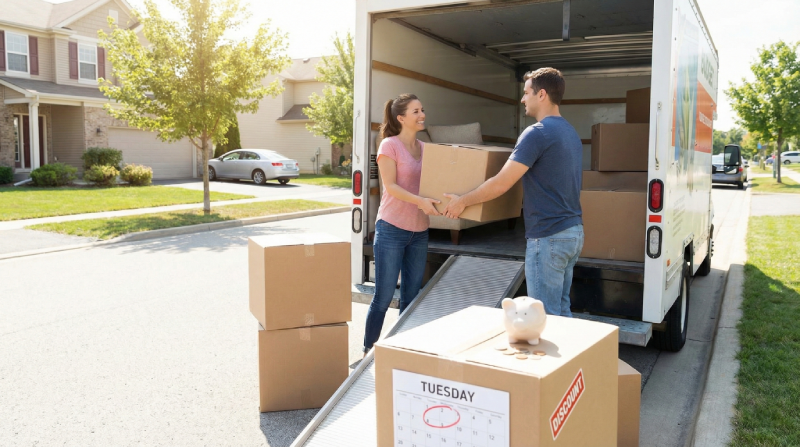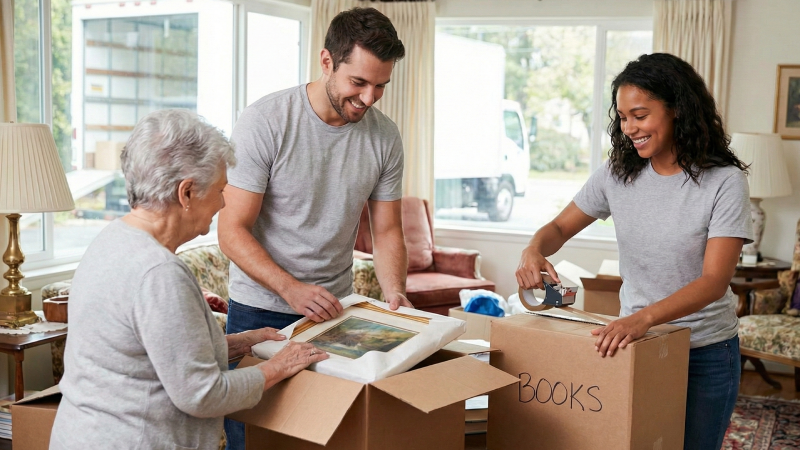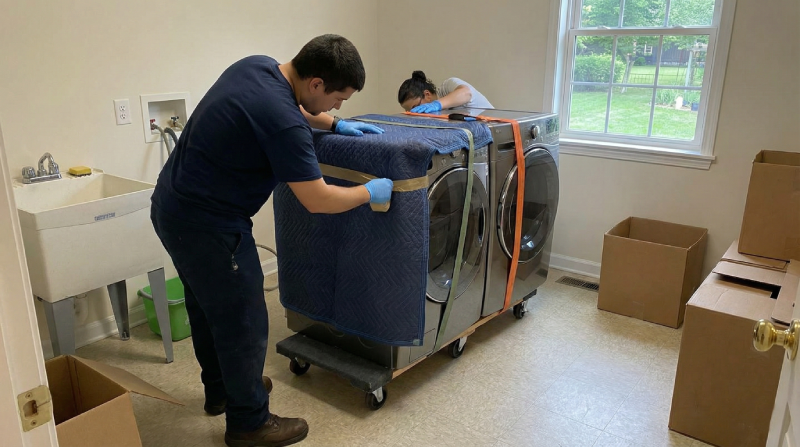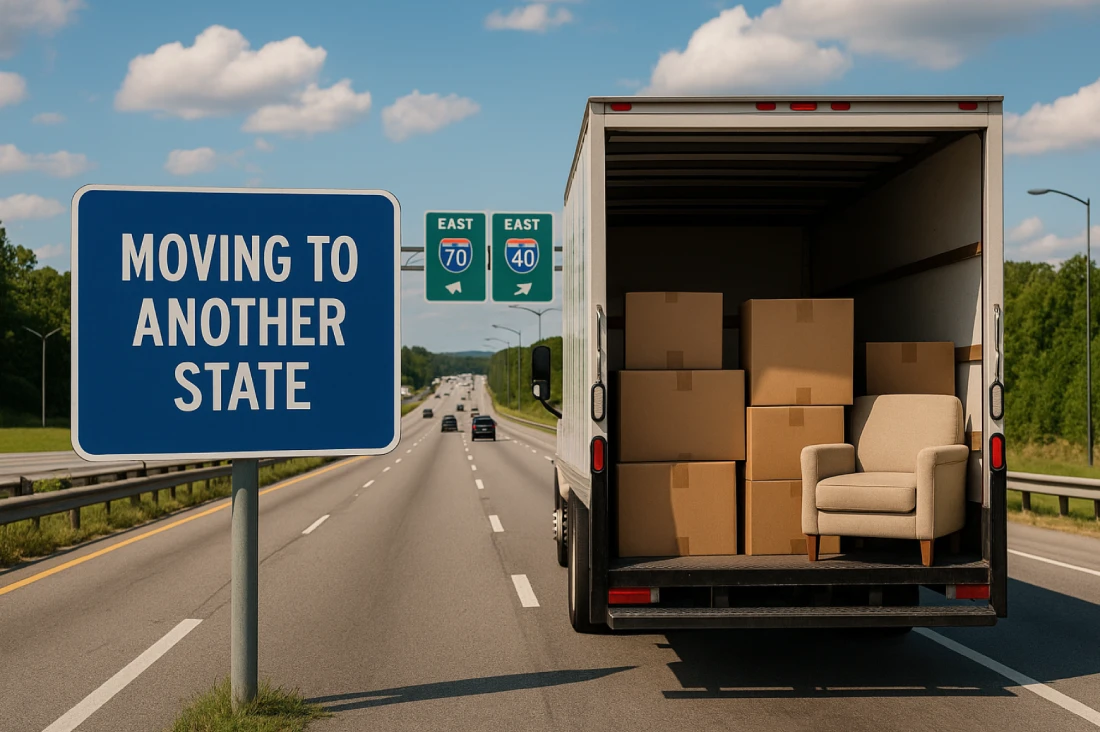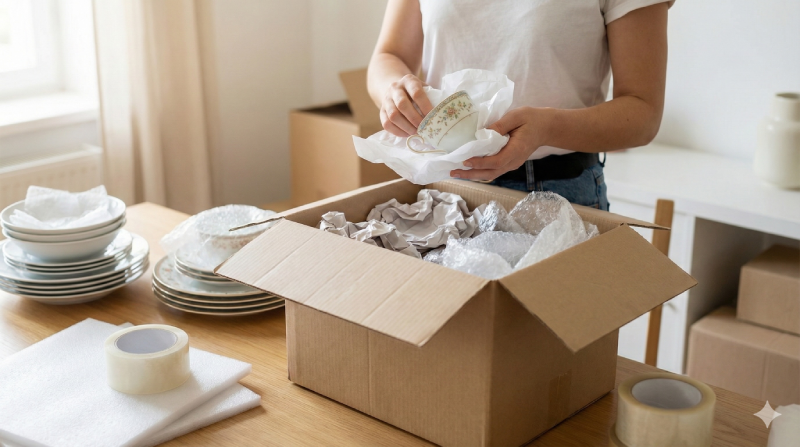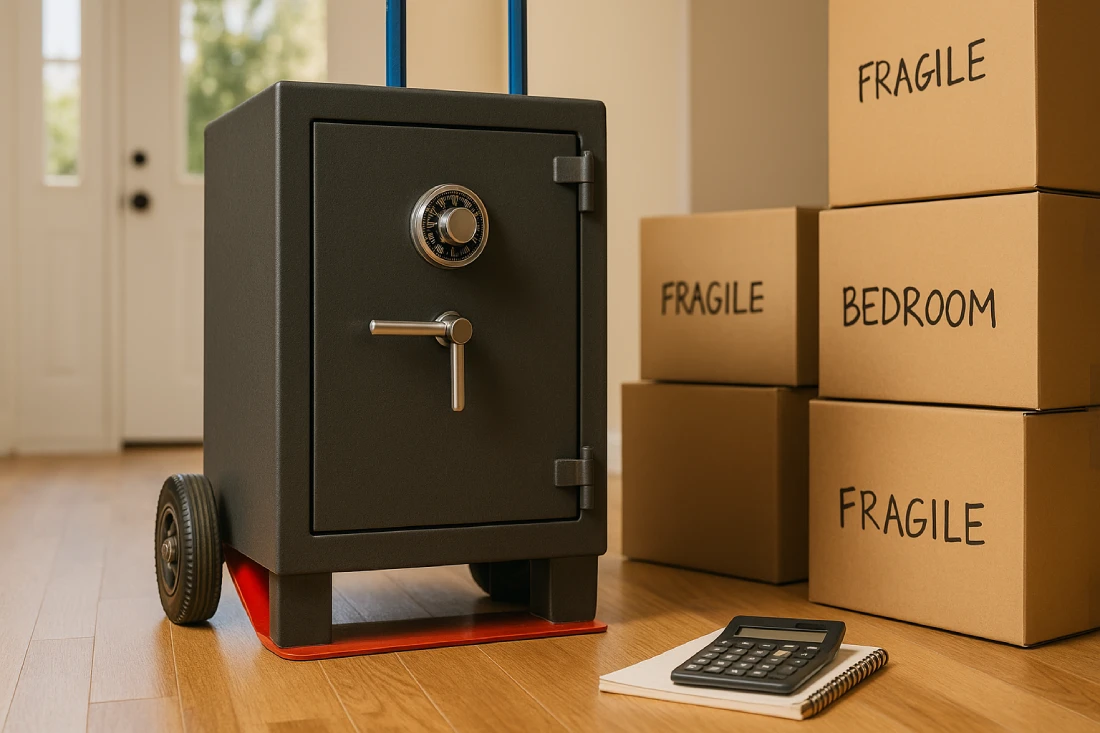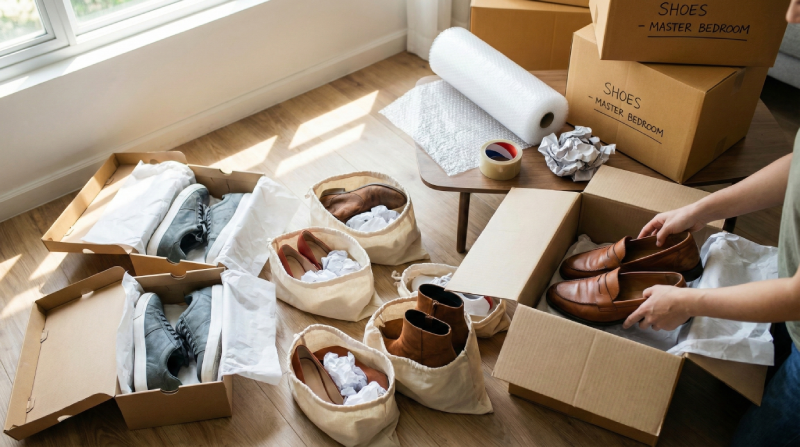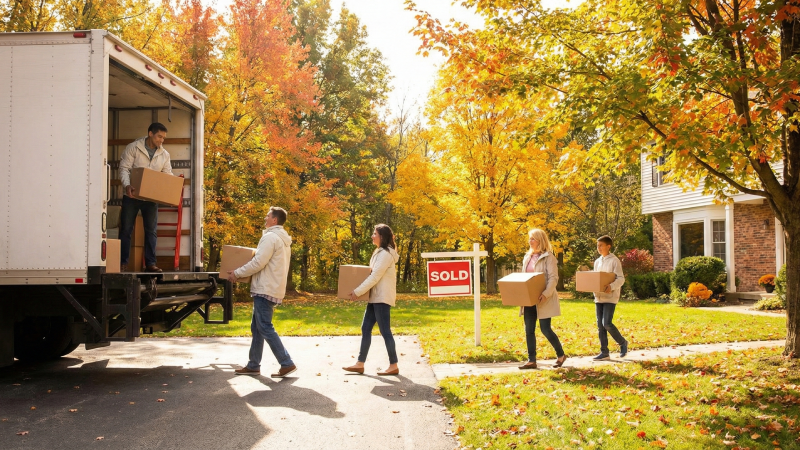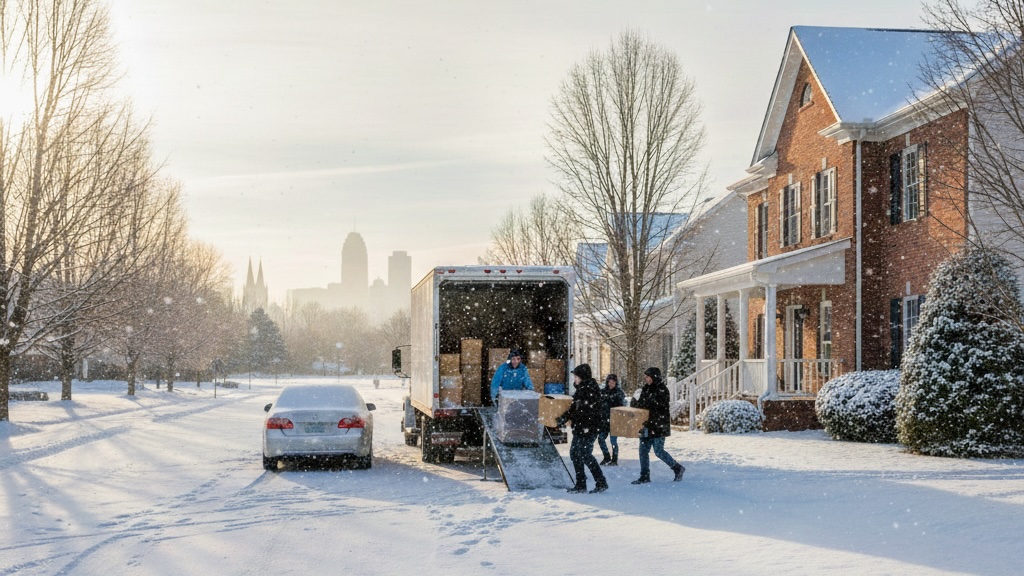Moving for the first time is a major milestone that brings both excitement and challenges. This transition requires careful planning across several areas: creating a realistic budget, finding housing, managing the logistics of your move, and adjusting to independent living.
Discover practical strategies for each stage of the process, from calculating move-in costs and reading lease agreements to packing efficiently and establishing new routines in your first place.
Step 1: Financial & Planning Preparation
Before you pack a single box, you need to understand the financial commitment of living on your own. Start by looking at your income versus your expected expenses. A popular rule of thumb is to keep your rent at around 30% of your monthly income.
Common expenses to budget for include:
- First month's rent plus security deposit (often one month's rent).
- Moving costs (truck rental, professional movers, packing supplies).
- Utility setup fees (electricity, water, internet, gas).
- New furniture and household items.
- Renter's insurance.
- Groceries and daily living expenses.
Financial experts recommend saving at least 3-6 months of living expenses before moving out. This emergency fund will give you a cushion for unexpected costs like car repairs, medical bills, or job transitions.
Secure Steady Income
Having a reliable income stream is important before moving out. If you're just starting your career, focus on finding a stable job that covers your basic expenses. It doesn't have to be your dream job right away. Many young adults work entry-level positions while building toward their career goals, and that's perfectly okay.
Build Your Credit
If you haven't already, consider getting a starter credit card or becoming an authorized user on a family member's account. Good credit helps with lease approvals, utility deposits, and future financial opportunities. Use your credit card responsibly by making small purchases and paying off the balance in full each month.
Set Your Move-Out Date
Setting a firm target date keeps you accountable and helps you plan backward. Once you have a date in mind, create a timeline:
- 2-3 months before: Start saving aggressively, research apartments, and declutter belongings.
- 1 month before: Finalize housing, start packing non-essentials, gather moving supplies.
- 2 weeks before: Confirm movers or truck rental, change your address, schedule utilities.
- 1 week before: Pack remaining items, prepare your "first night box," confirm all plans.
Step 2: Finding Your First Place
Use online platforms like Apartments.com, Zillow, and Realtor.com to search for rentals. When evaluating potential homes, consider:
- Location: Proximity to work or school, access to public transportation, nearby grocery stores and amenities.
- Safety: Research neighborhood crime rates and talk to current residents if possible.
- Budget: Don't stretch beyond your means for a luxury apartment. A modest first place is perfectly fine.
- Commute: Factor in travel time and transportation costs to work or school.
If you're moving within North Carolina (say from a smaller town to Charlotte or Raleigh), research cost-of-living differences between areas. Cities have higher rent but may offer better job opportunities and public transit options.
Roommate or Solo Living?
Roommates can reduce your expenses by splitting rent, utilities, and household items. But they also mean less privacy and potential conflicts. If you're on a tight budget, finding a compatible roommate through trusted networks, social media groups, or roommate-matching apps can be a smart financial move.
If you do get a roommate, establish clear expectations early about chores, guests, noise levels, and bill payments.
Understanding Your Lease
When you find a place, be prepared for upfront costs: application fees, security deposit, and often first and last month's rent. Read your lease carefully before signing and understand:
- Lease length and renewal terms
- Pet policies and associated fees
- Guest policies and subletting rules
- Maintenance responsibilities (what you fix vs. what the landlord fixes)
- Penalties for breaking the lease early
Get Renter's Insurance
Many landlords require renters’ insurance, and even if they don't, it's worth getting. For just $10-20 per month, renters’ insurance protects your belongings from theft, fire, or water damage. It's a small price for peace of mind.
Step 3: Pre-Move Essentials & Paperwork
Before the big day arrives, there are several administrative tasks and logistical arrangements you'll need to handle for a smooth transition to your new home.
Schedule Utilities & Update Your Address
Contact utility providers 2-3 weeks before your move-in date to set up electricity, water, gas, and internet. Don't assume they'll be on just because the previous tenant had them. You need to arrange this yourself.
Update your address with:
- USPS (set up mail forwarding).
- Bank and credit card companies.
- DMV (update driver's license and vehicle registration).
- Voter registration.
- Health insurance and medical providers.
- Subscriptions and online accounts.
If you're moving within North Carolina, update your address with the NC DMV within 60 days to stay compliant.
Keep Important Documents Safe
Create a folder for important documents and keep it with you during the move (don't pack it in boxes). Include:
- Lease agreement and move-in condition checklist.
- Moving company contract (if applicable).
- ID, birth certificate, Social Security card.
- Bank statements and insurance policies.
- Medical records and prescriptions.
Hire Movers or Rent a Truck
Decide whether you'll hire professional movers or do it yourself. Professional movers cost more but save time and physical strain, while DIY moving is cheaper but requires recruiting friends and renting a truck. There are also mixed moving options that allow you to hire pro moving muscle to load and unload, while you handle the packing and driving. This will allow you to save both money and time,
If you need movers, get quotes from multiple companies and book several weeks in advance, especially during peak moving season (May-September). If you're renting a truck, reserve it early so you get what you need.
Gather Packing Supplies & Declutter
Before you start packing, take time to get rid of items you no longer need and gather the right supplies. This preparation will make your move much more efficient and cost-effective.
Packing supplies you'll need:
- Cardboard boxes (various sizes, get free ones from grocery or liquor stores)
- Packing tape and dispenser
- Permanent markers for labeling
- Bubble wrap or packing paper
- Stretch wrap for furniture
Before packing, declutter ruthlessly. Moving is the perfect time to donate, sell, or toss items you no longer need. The less you move, the easier and cheaper it will be.
Start Packing Early
Begin packing non-essentials 2-3 weeks before your move: off-season clothes, books, decorations, and rarely-used items. Save everyday items for last.
Moving day can easily creep on you without proper scheduling and setting reminders for key tasks. Lean more about how long it takes to move so you can plan ahead and avoid being overwhelmed on moving week.
Prepare a "First Night Box" with items you'll need immediately:
- Bedding (sheets, pillow, blanket).
- Towel and toiletries.
- Change of clothes and pajamas.
- Phone charger.
- Medications and first aid kit.
- Toilet paper and paper towels.
- Snacks, water, and basic dishes.
- Important documents.
Label Everything
Label each box with the room it belongs to and a brief description of contents (e.g., "Kitchen – pots and pans" or "Bedroom – winter clothes"). Consider color-coding by room for even easier organization. This makes unpacking much easier.
Step 4: Moving Day Tips
Moving day is hectic, but staying organized and following a few strategies and moving hacks will help everything go smoothly and safely from start to finish.
Stay Organized & Safe
- Start early in the morning to maximize daylight hours.
- Dress comfortably in layers and closed-toe shoes.
- Keep water and snacks available for yourself and helpers.
- Have cash on hand for tips, emergencies, or last-minute supplies.
- Keep your important documents folder and valuables with you, not in the moving truck.
If you're in an apartment building, reserve the service elevator in advance if possible.
Final Walkthrough
Before leaving your old place, do a thorough walkthrough. Check all closets, drawers, and cabinets to make sure nothing is left behind. Turn off lights, lock windows, and make sure appliances are off. Take photos of the empty space for your records.
Basic Cleaning
If required by your lease (or just to be courteous), do a quick clean of your old space. Meanwhile, if possible, clean your new apartment before moving boxes in. It's much easier to clean empty rooms than to work around furniture.
Step 5: First Apartment Essentials Checklist
Now that you're in your new place, here's a comprehensive checklist of items for each room. Don't feel pressured to buy everything at once. Focus on immediate needs first and gradually add items over time.
Bedroom Essentials
- Mattress and bed frame (or box spring).
- Bedding: sheets, pillows, comforter or duvet.
- Dresser or clothing storage.
- Hangers.
- Laundry basket.
- Alarm clock.
- Curtains or blinds.
- Nightstand and lamp (optional but helpful).
Bathroom Essentials
- Shower curtain and liner.
- Shower curtain rod (if not provided).
- Bath mat.
- Towels (bath, hand, and washcloths).
- Toilet paper and toilet paper holder.
- Plunger and toilet brush.
- Toiletries: soap, shampoo, toothpaste, etc.
- First aid kit with bandages, pain relievers, and antiseptic cream.
- Trash can.
Pro Tip: The shower curtain and plunger are two of the most commonly forgotten items. Don't overlook them! You'll be glad you have them on Day 1.
Kitchen Essentials
- Plates, bowls, and cups/mugs
- Silverware (forks, spoons, knives)
- Pots and pans (at least one frying pan and one pot)
- Cooking utensils: spatula, wooden spoon, ladle
- Knife set and cutting board
- Can opener and bottle opener
- Mixing bowls
- Dish soap, sponges, and dish towels
- Trash can and trash bags
- Microwave, toaster, and coffee maker (if not provided)
Living Room Essentials
- Couch or seating (even a futon or folding chairs work at first)
- Coffee table or side table (optional)
- Lighting: floor lamp or table lamp
- TV and streaming device (if you want one)
- Internet modem/router
- Curtains or blinds for privacy
Cleaning Supplies
- Vacuum or broom and dustpan
- Mop and bucket
- All-purpose cleaner and glass cleaner
- Sponges, microfiber cloths, and paper towels
- Laundry detergent
- Trash bags
- Rubber gloves
Tools & Miscellaneous
- Basic toolkit: hammer, screwdrivers (flathead and Phillips), pliers
- Tape measure
- Duct tape
- Nails, screws, and picture-hanging hooks
- Flashlight and extra batteries
- Extension cords and power strips
- Fire extinguisher (if not provided)
- Smoke detector and carbon monoxide detector (check that they work)
Budget-Friendly Furnishing Tips
Furnishing your first apartment doesn't have to cost a lot. Here are ways to find affordable furniture and household items while staying on budget:
- Ask family and friends if they have spare furniture or household items
- Shop secondhand at thrift stores, Goodwill, or online marketplaces like Facebook Marketplace and Craigslist
- Check out budget-friendly stores like IKEA, Walmart, or Target
- Start with what you need most (bed, seating, basic kitchen items) and add decorative items slowly
- DIY when possible (refinish old furniture or create your own decor)
You don't need a perfect apartment on day one. Focus on what you need to live comfortably, and let your space grow over time.
Safety Checks
Before settling into your new home, make sure important safety features work properly and learn where emergency equipment is located.
- Test smoke detectors and carbon monoxide detectors
- Find your apartment's breaker box and fire extinguisher
- Know your building's emergency exits
- Program emergency numbers into your phone
Step 6: Adjusting to Independent Living
Moving to independent living involves more than just setting up your space. You'll need to build new routines, learn basic skills, and adjust to your new freedom and responsibilities.
Establish Routines
Creating structure in your daily life helps you manage your new responsibilities. Here are routines to set up as you settle into your new home:
- Cleaning schedule: Set up a realistic routine (weekly vacuuming, dishes daily, bathroom cleaning every other week, etc.)
- Meal planning: Learn to cook a few simple, budget-friendly recipes. Try meal prepping on weekends to save time and money during the week
- Laundry routine: Don't let dirty clothes pile up. Set a regular laundry day
- Bill management: Set up automatic payments or calendar reminders so you never miss rent, utilities, or other bills
Learn Basic Life Skills
Living on your own means handling small repairs and maintenance tasks yourself. Learn these basic skills to avoid unnecessary service calls and expenses:
- How to reset a tripped circuit breaker
- How to unclog a drain or toilet
- How to change a light bulb
- How to adjust your thermostat efficiently
- Basic sewing for clothing repairs
These small skills will save you time, money, and stress when minor problems come up.
Emotional Well-Being
Moving to your first place brings a mix of emotions that can catch you off guard. These feelings are normal and part of adjusting to a big life change.
It's normal to feel homesick, anxious, or overwhelmed after moving out. This is a huge life change, and adjusting takes time.
Tips for managing the transition:
- Stay connected with family and friends through regular calls or video chats
- Schedule visits home when you need comfort and familiarity
- Make your space feel like home by decorating with photos, plants, or meaningful items
- Explore your new neighborhood (find your favorite coffee shop, park, or grocery store)
- Get involved locally: join a gym, take a class, attend community events, or meet neighbors
- Be patient with yourself (it takes a few weeks to settle into new routines)
Enjoy Your Independence
After handling the practical side of your move, it's time to celebrate this milestone. Moving out for the first time opens up new possibilities for how you'll live your daily life.
- Decorate your space exactly how you want
- Set your own schedule
- Choose what to eat and when
- Invite friends over whenever you like
- Learn and grow through new experiences
Yes, independence comes with responsibilities, but it also brings great opportunities for personal growth and self-discovery. You've got this!
You're Ready for This Journey
Moving out for the first time is a big milestone that marks the start of true independence. While it may feel overwhelming at times, with proper planning, a solid budget, and the checklist provided here, you're ready to make this transition successfully. Embrace both the challenges and the freedom that come with independent living. With preparation and the right mindset, you'll not only survive your first move, you'll thrive in your new independent life!
Frequently Asked Questions
At what age is the right age to move out of my parents' house?
There's no perfect age. It depends on your financial stability and emotional readiness. Move out when you have a steady income, savings, and feel prepared to handle independent living responsibilities, whether that's at 18 or 25.
What changes if my first move is to another state?
Moving out of state as your first move means higher costs ($2,000-$9,000+ vs. $500-$2,000 locally), navigating new state laws, obtaining a new driver's license and vehicle registration within 10-30 days, and building support networks from scratch. You'll also face a steeper emotional adjustment since you can't easily visit home or maintain in-person relationships. For complete guidance on interstate relocation, see our guide to moving to another state.
What are some common mistakes to avoid when moving out for the first time?
Avoid underestimating expenses, forgetting to set up utilities beforehand, not reading your lease carefully, going into credit card debt to furnish right away, skipping renters’ insurance, and failing to build an emergency fund.
How much should I budget for moving expenses beyond rent and deposit?
Plan for $500-1,500 in additional moving costs, including truck rental or movers, packing supplies, cleaning supplies, initial groceries, and household items you'll need right away. Also factor in utility setup fees and any furniture or appliances you'll need immediately.
Should I get roommates for my first apartment?
Roommates can lower your living expenses and provide companionship during the transition, but they also require compromise and clear communication. Think about roommates if you're on a tight budget or want social support, but make sure you set ground rules about bills, chores, guests, and noise before moving in together.
What should I do if I realize I can't afford my rent after moving in?
First, talk to your landlord right away. They may be willing to work out a payment plan. Next, review your budget to cut non-essential expenses, think about finding a roommate to split costs, or look for additional income sources. If the situation can't be fixed, explore options to sublet (if your lease allows) or discuss breaking your lease early, though this may involve penalties.

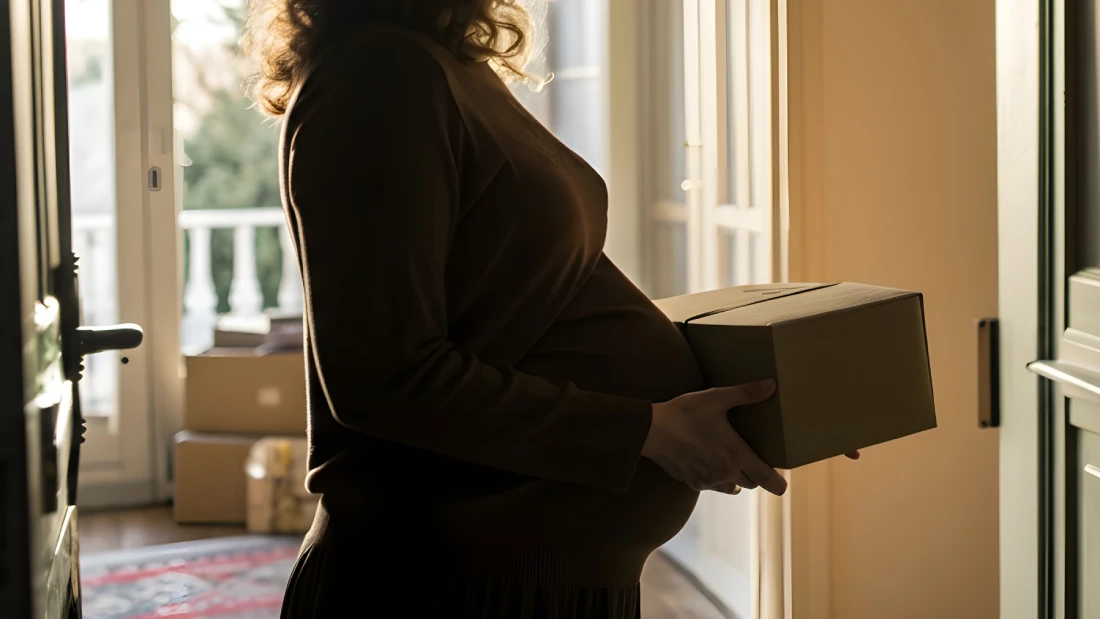


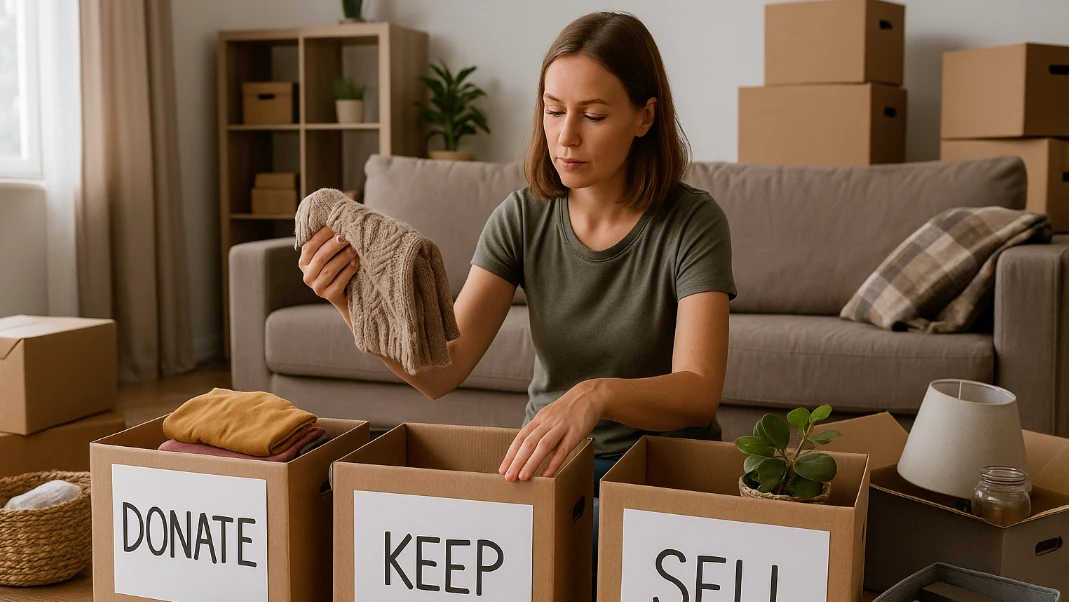
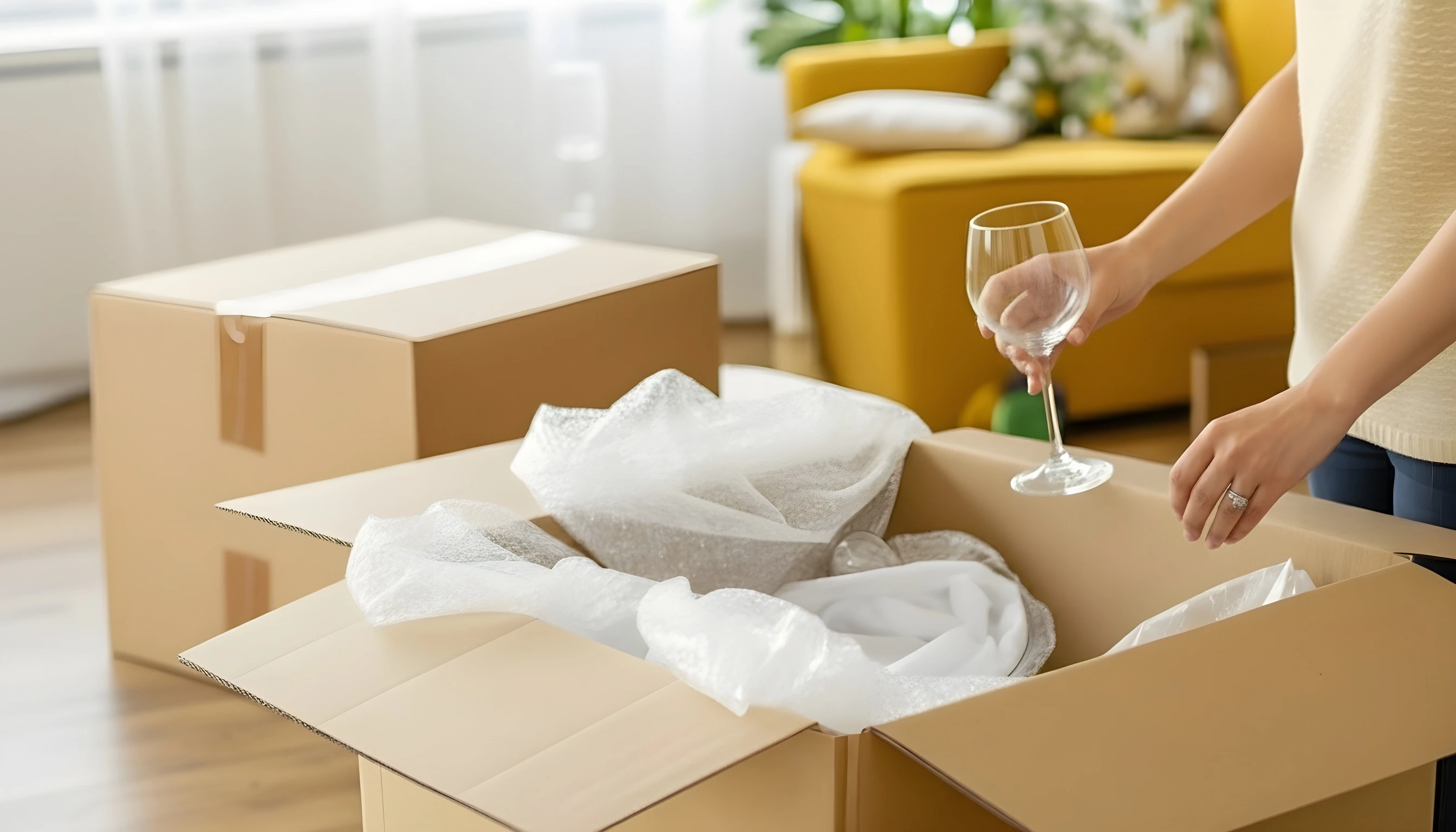

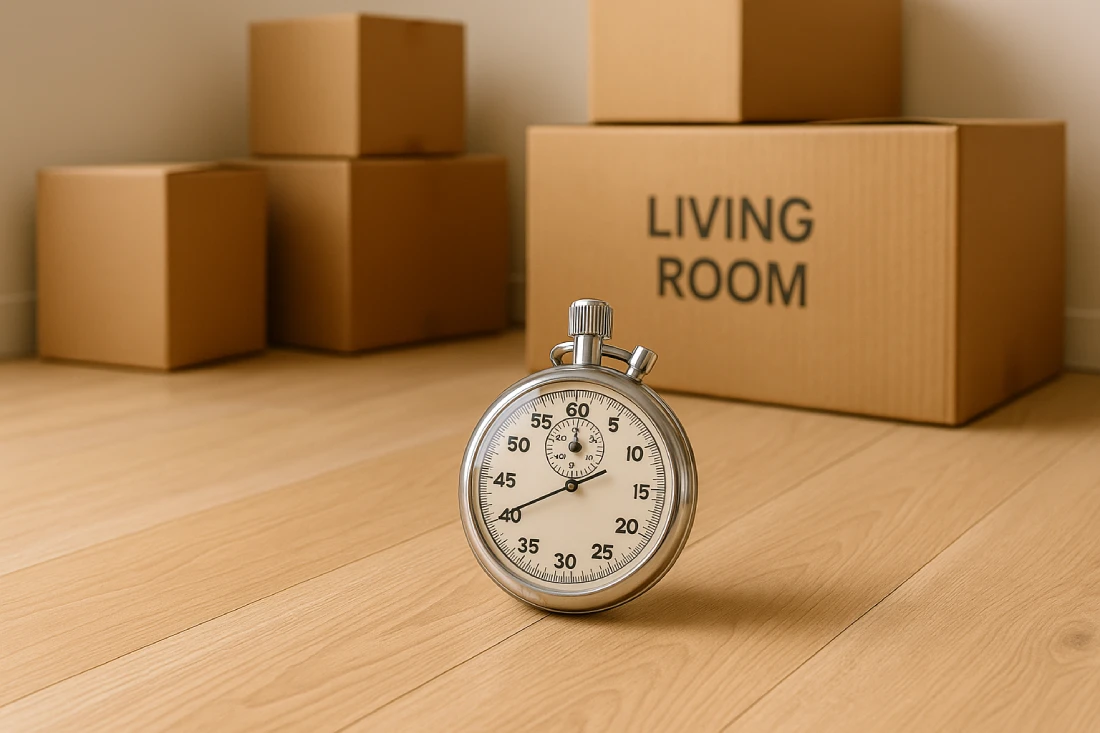
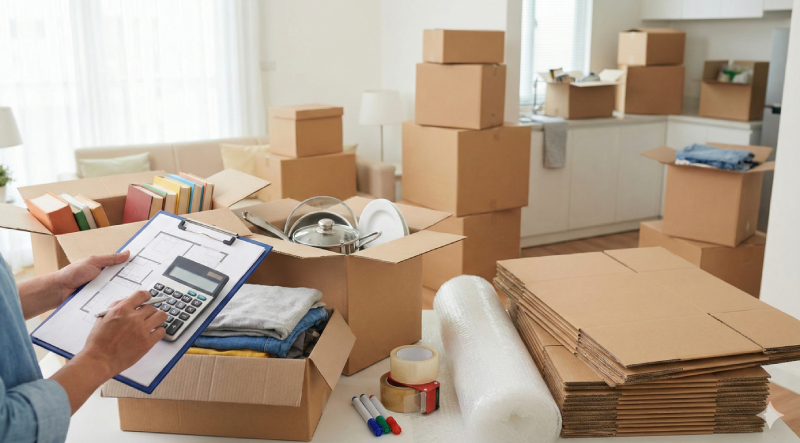


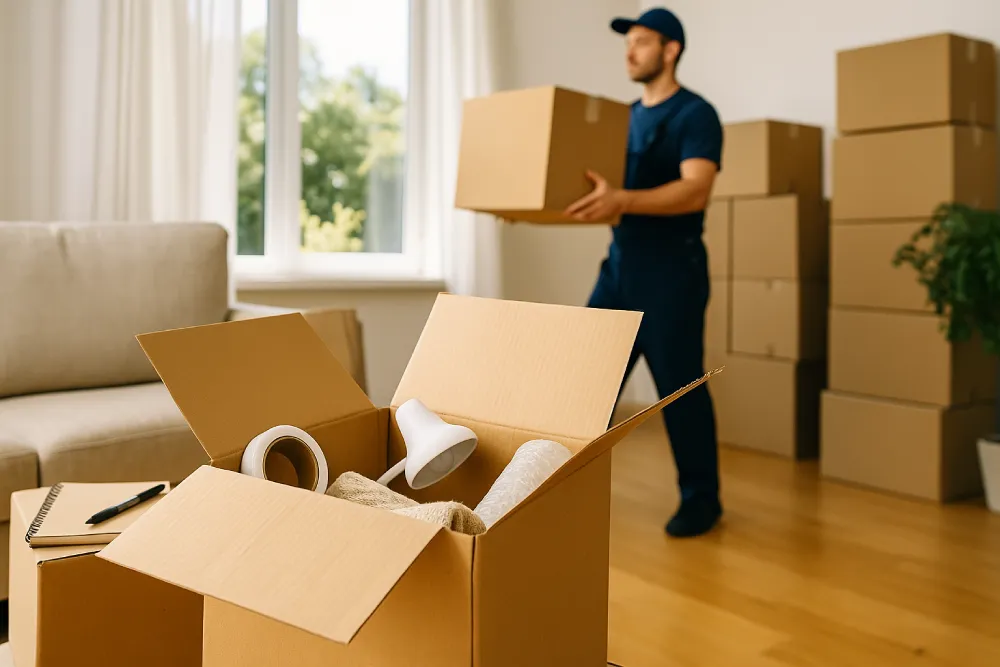
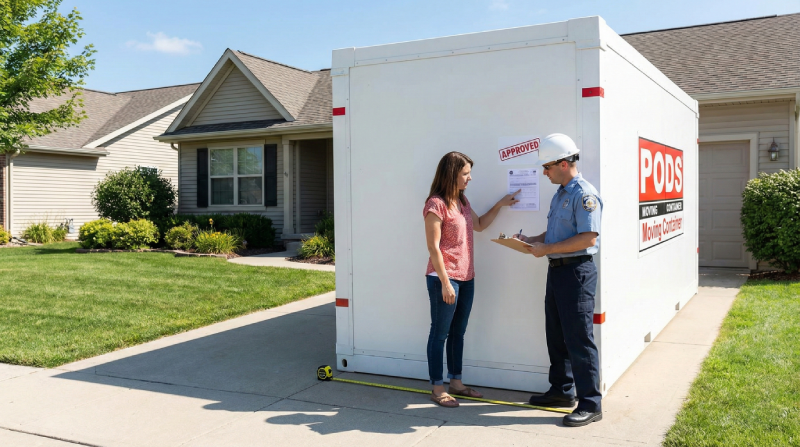
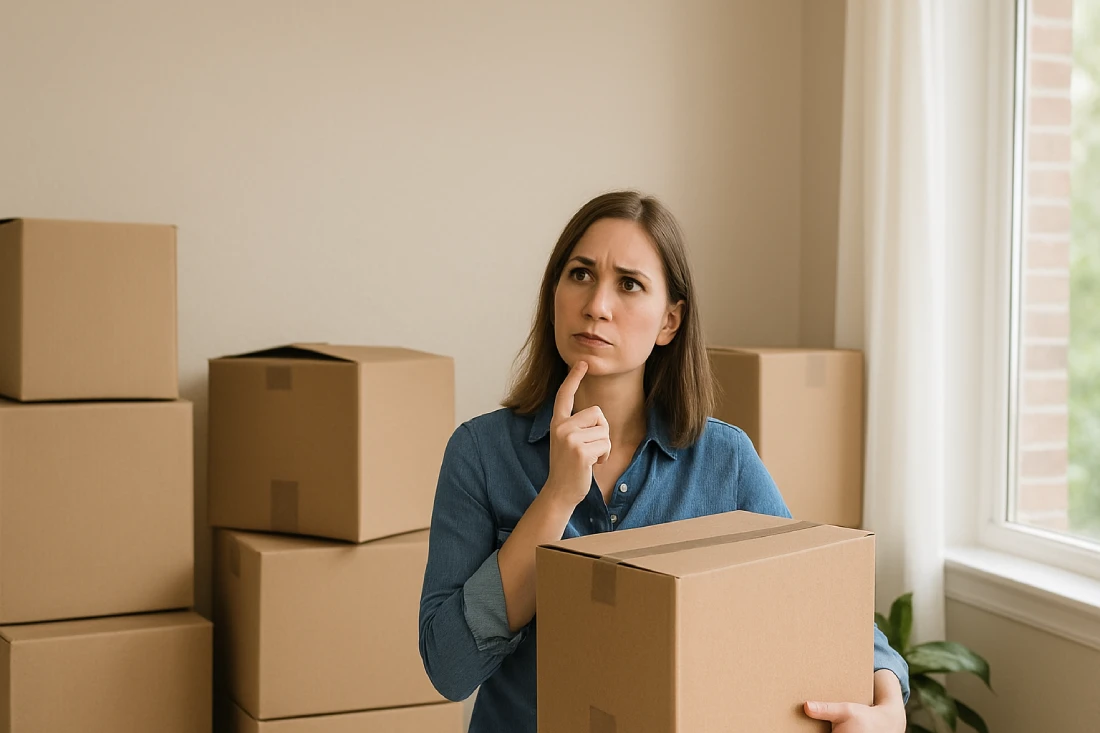

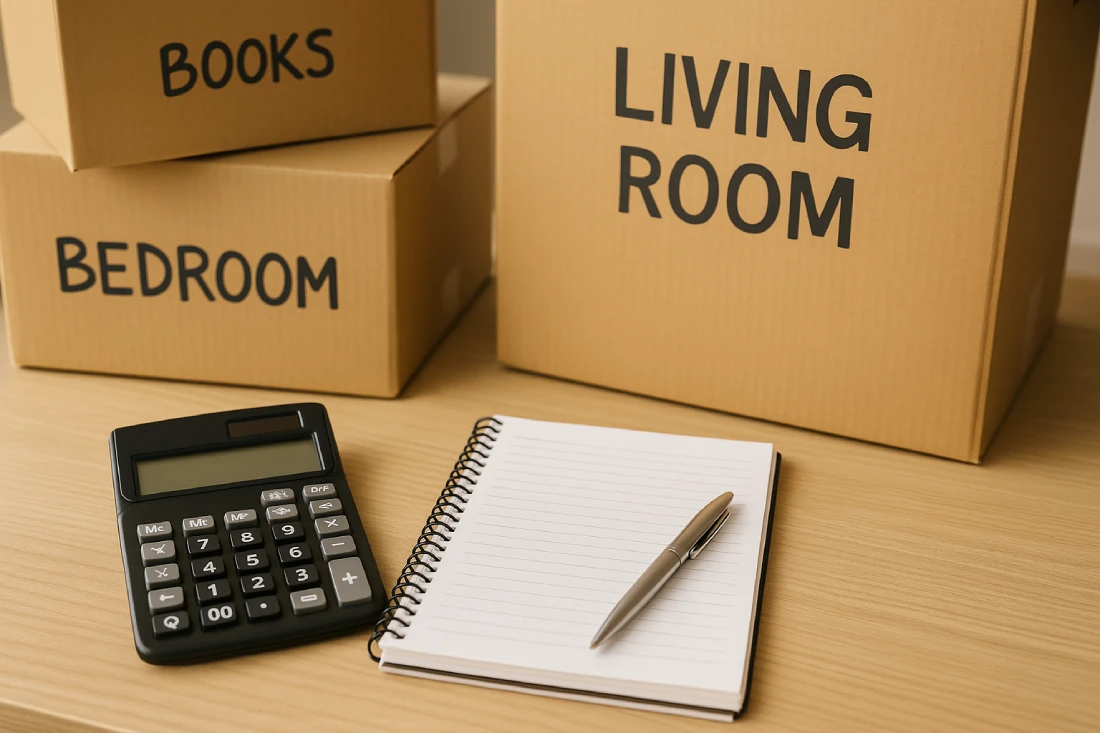
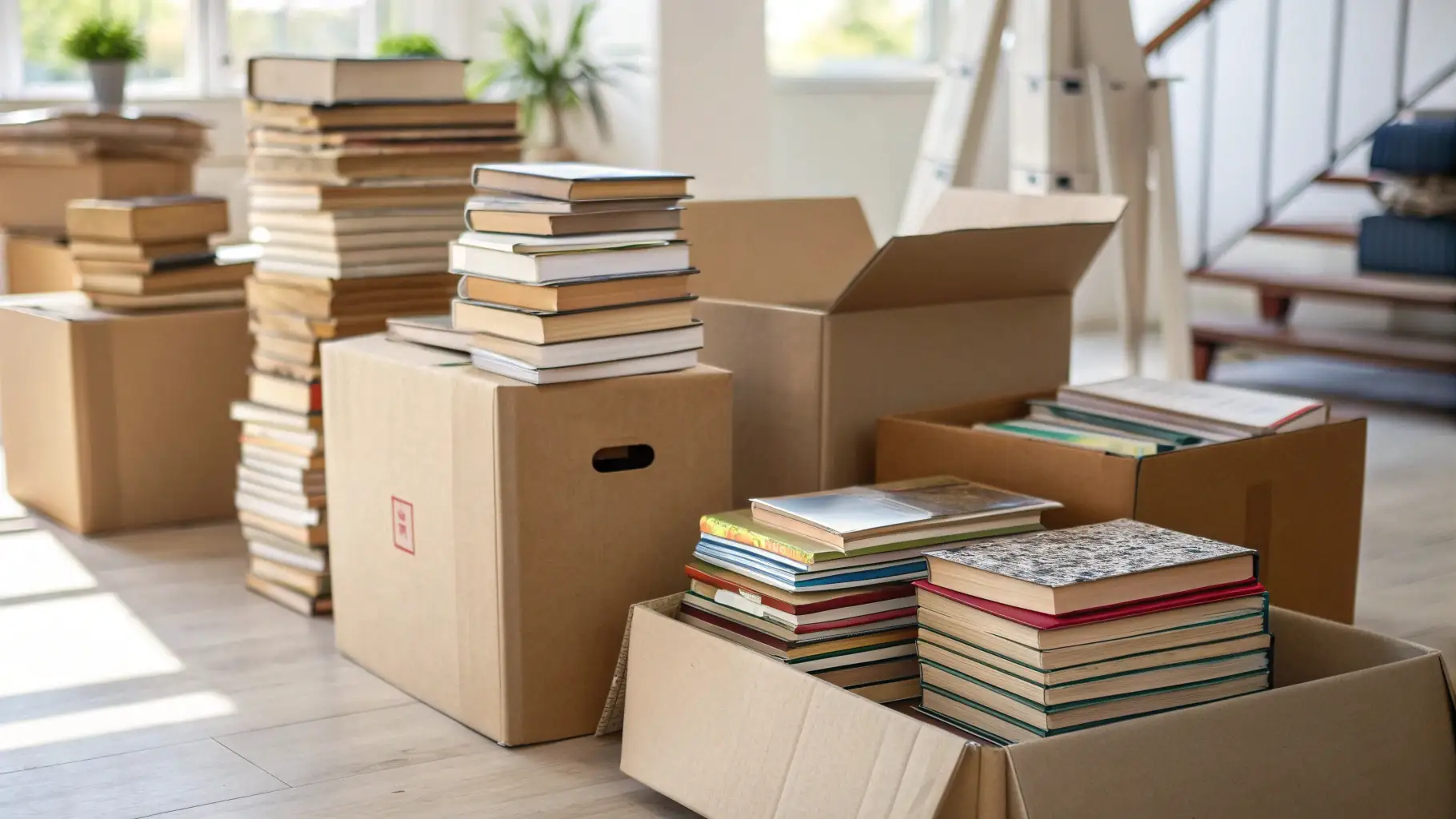
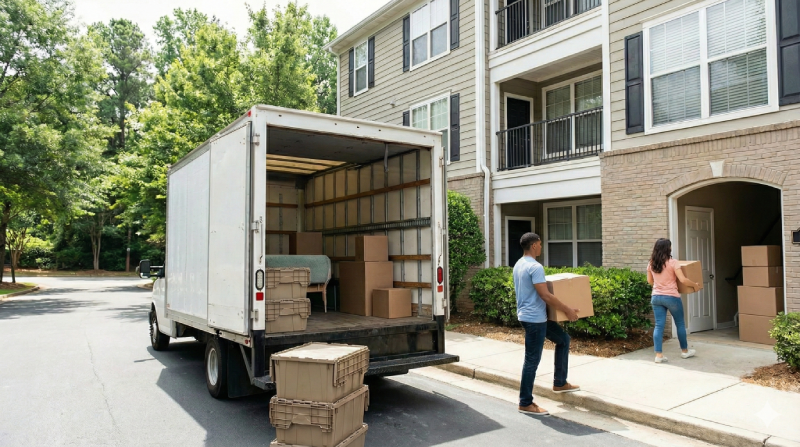

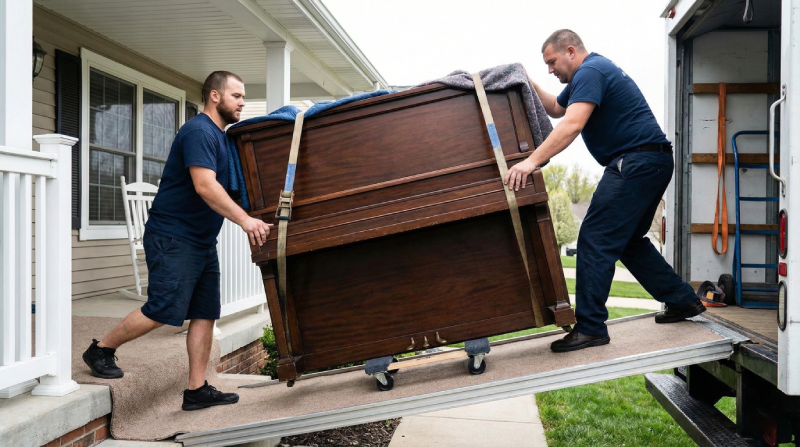


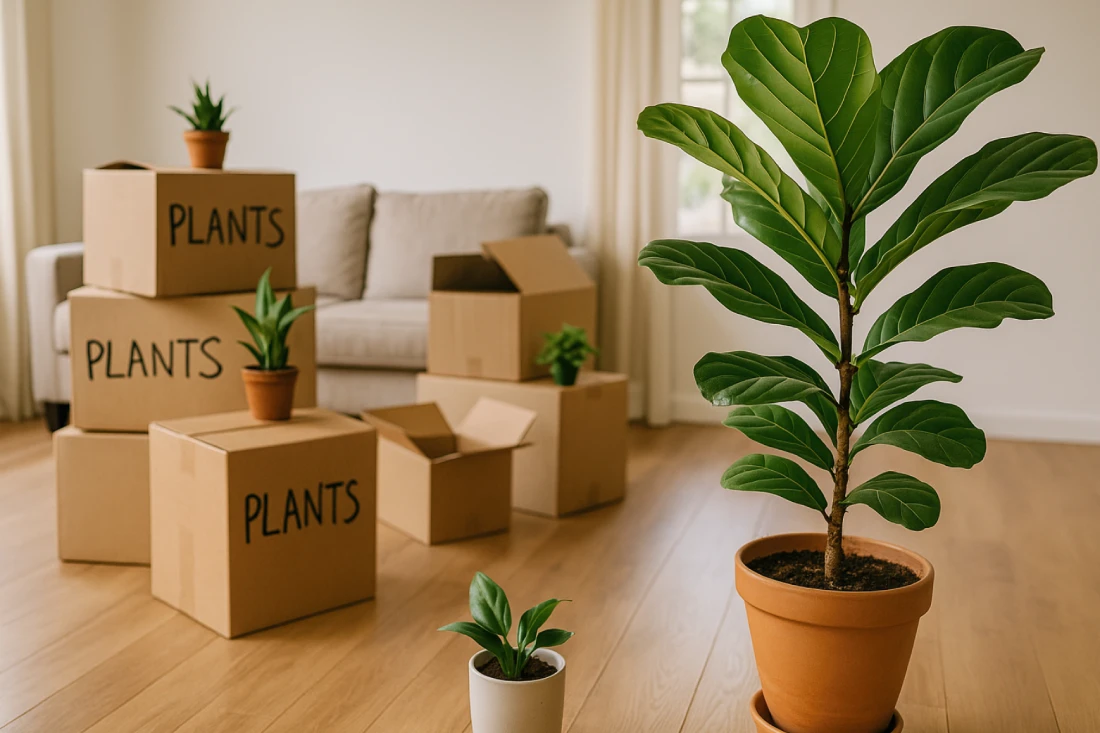

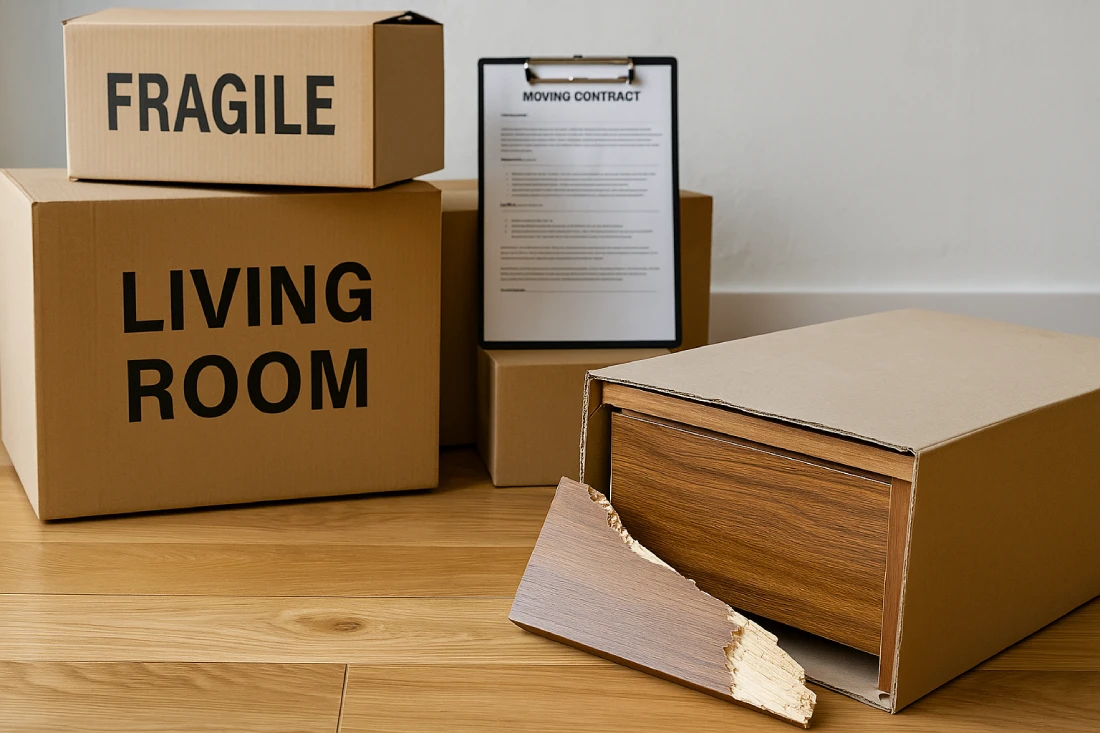
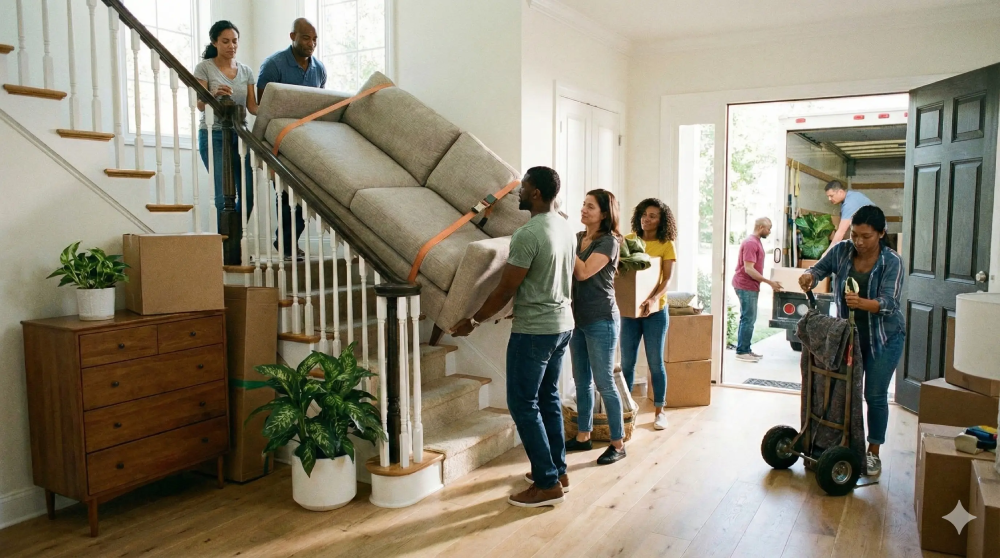





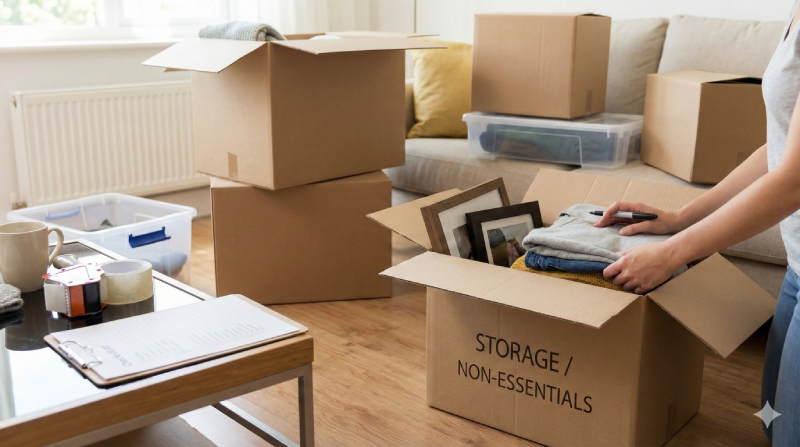
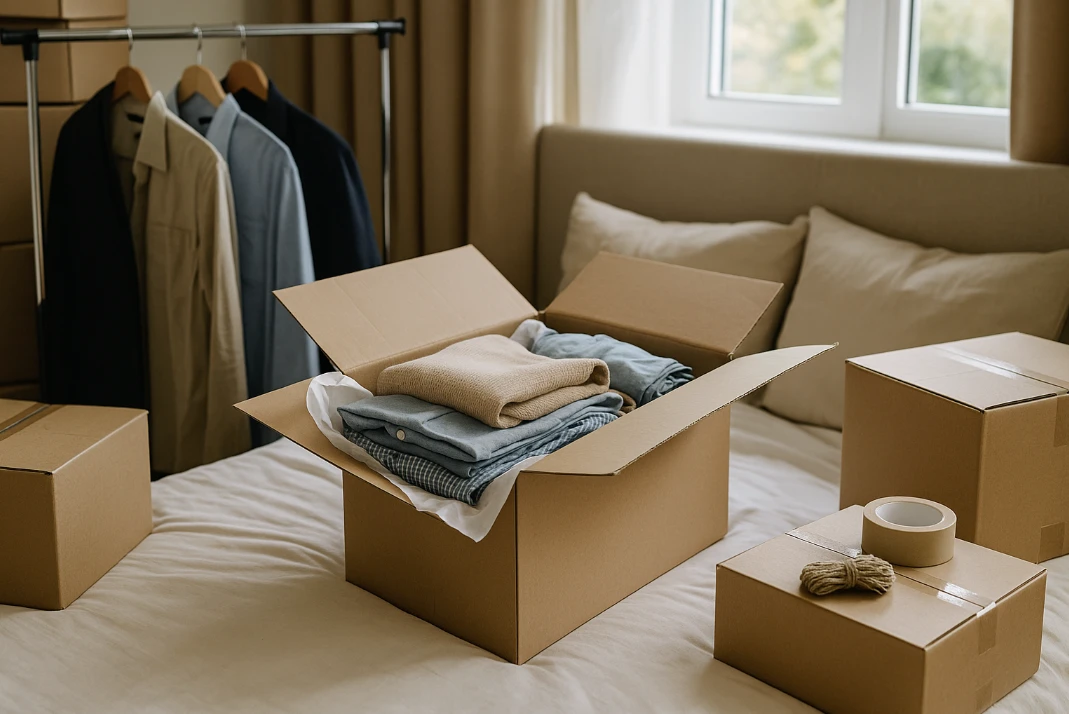
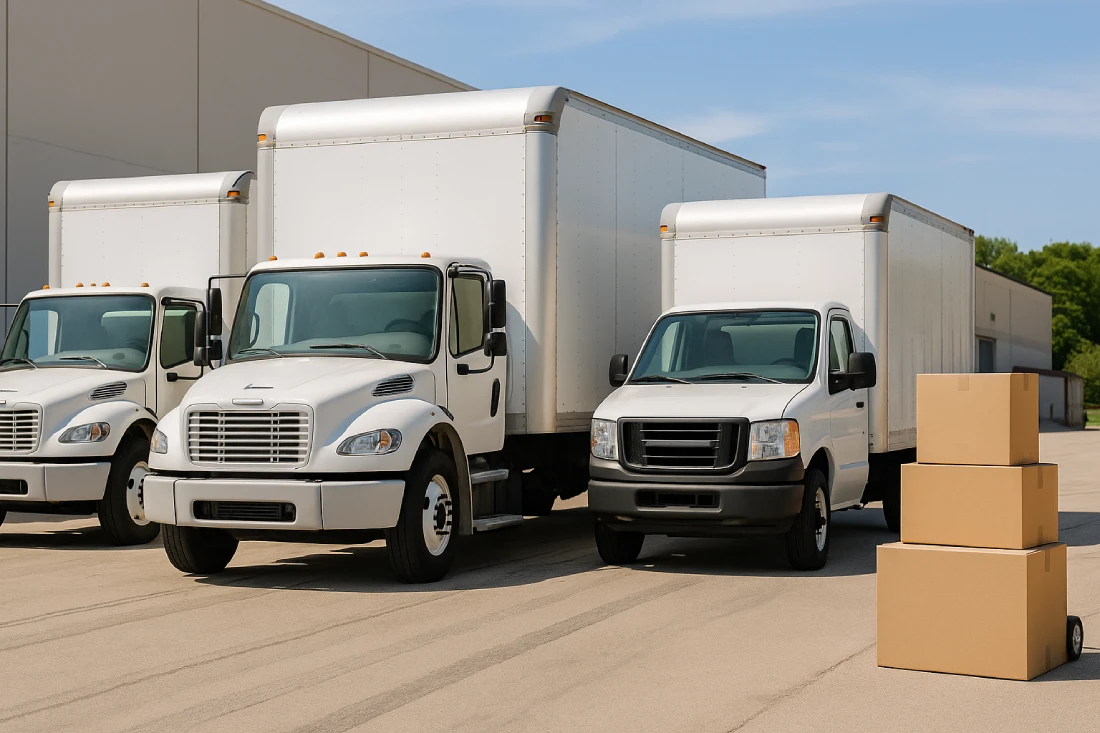

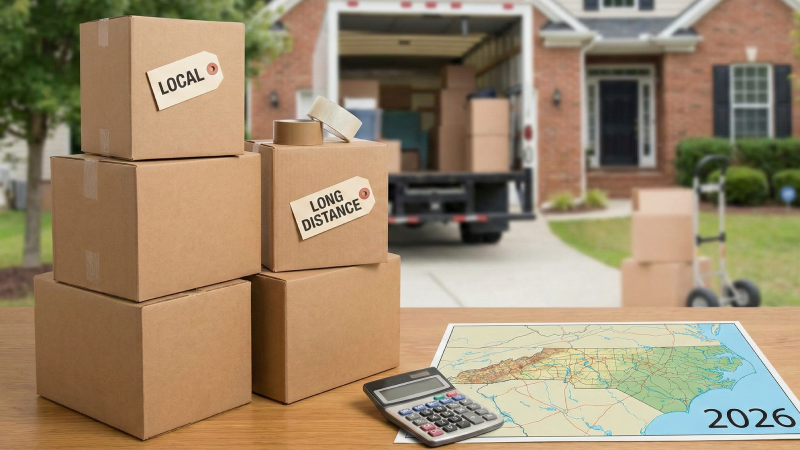
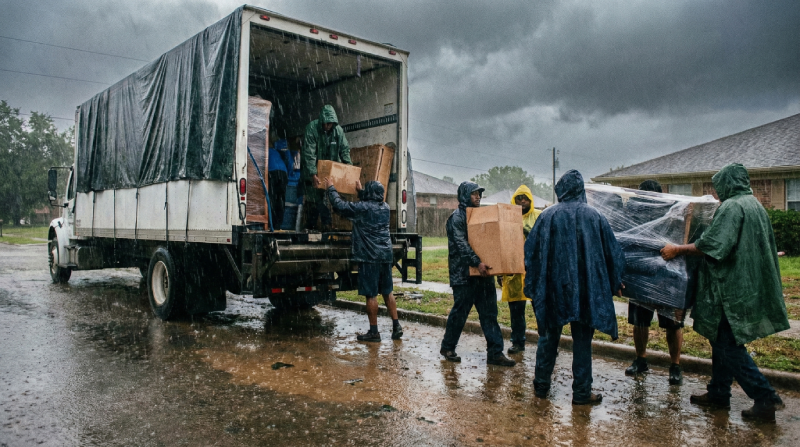





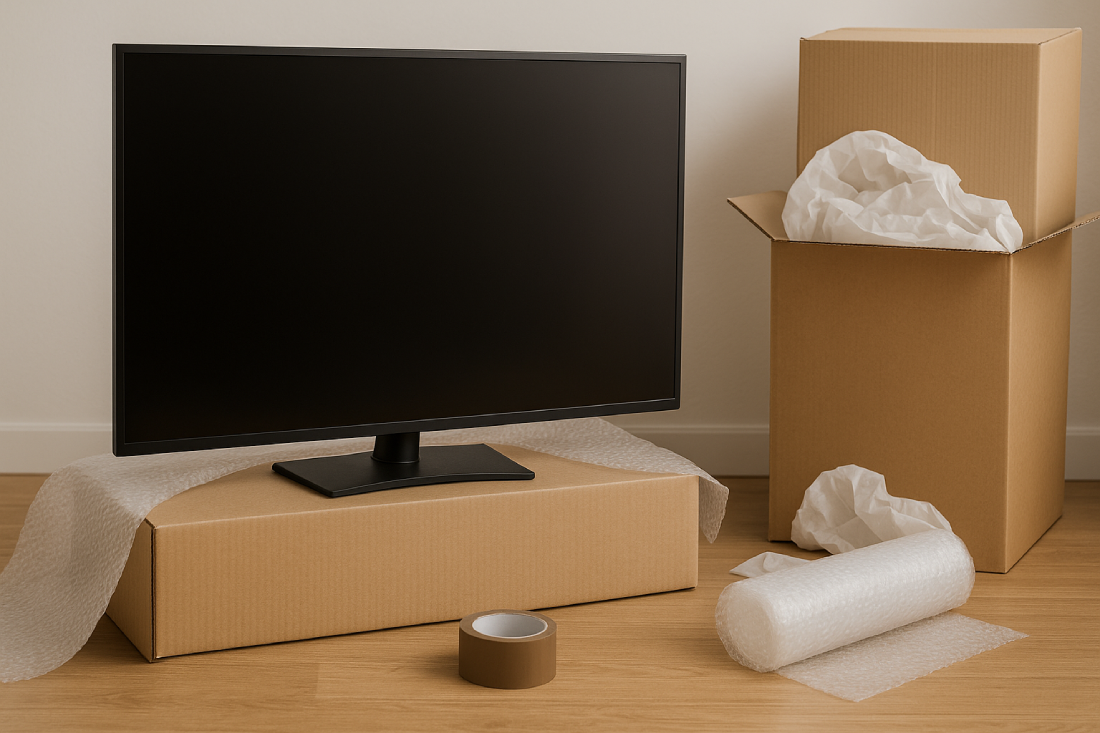
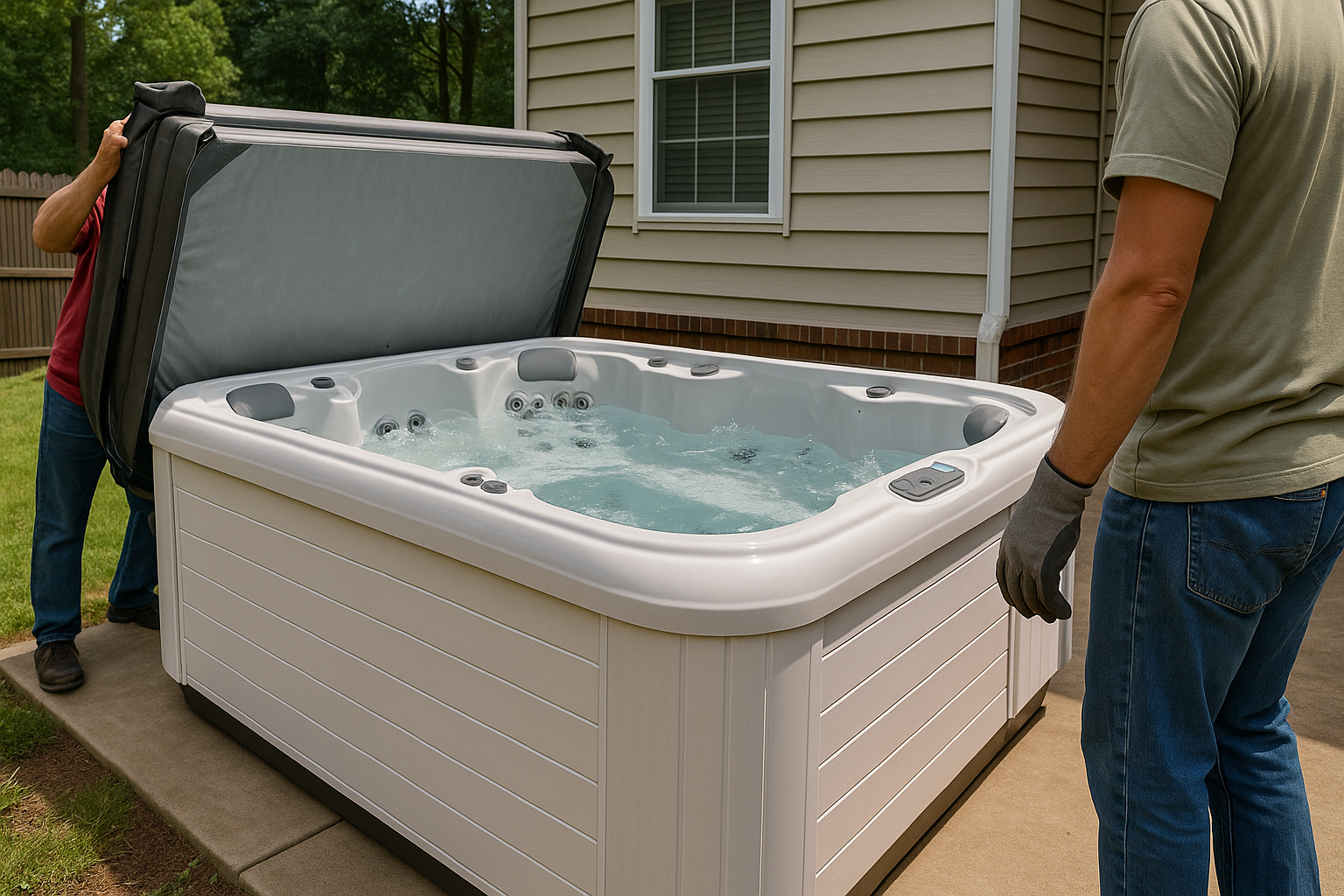
.webp)


